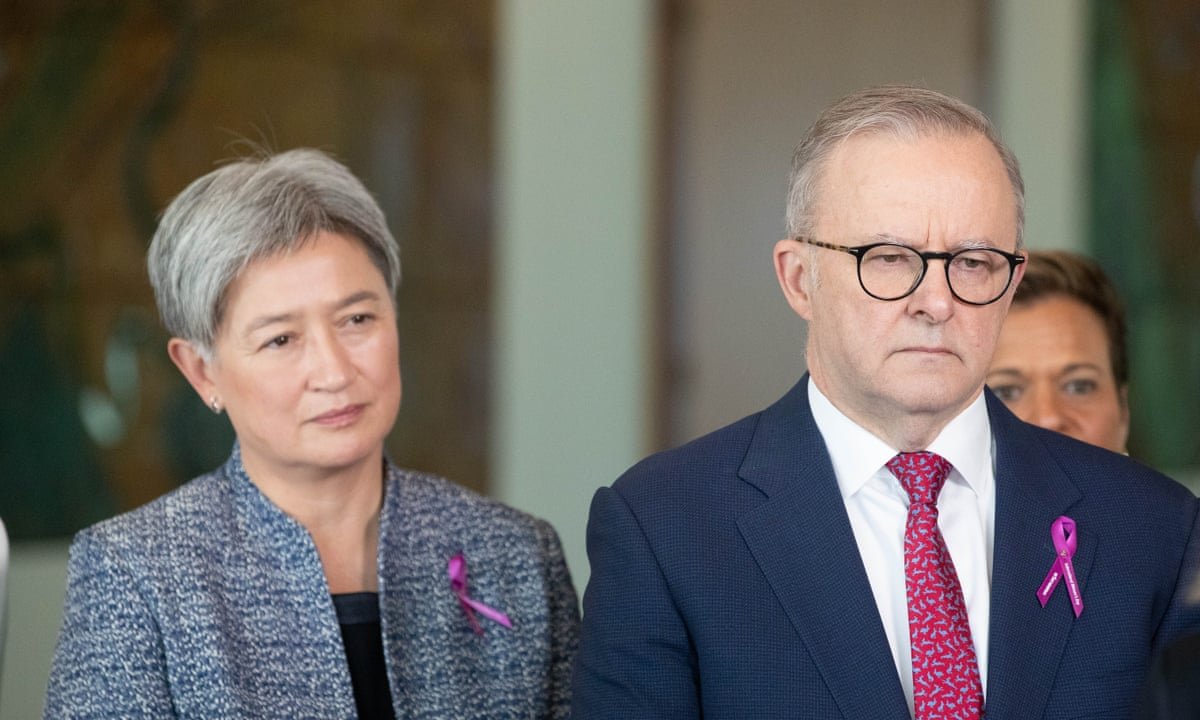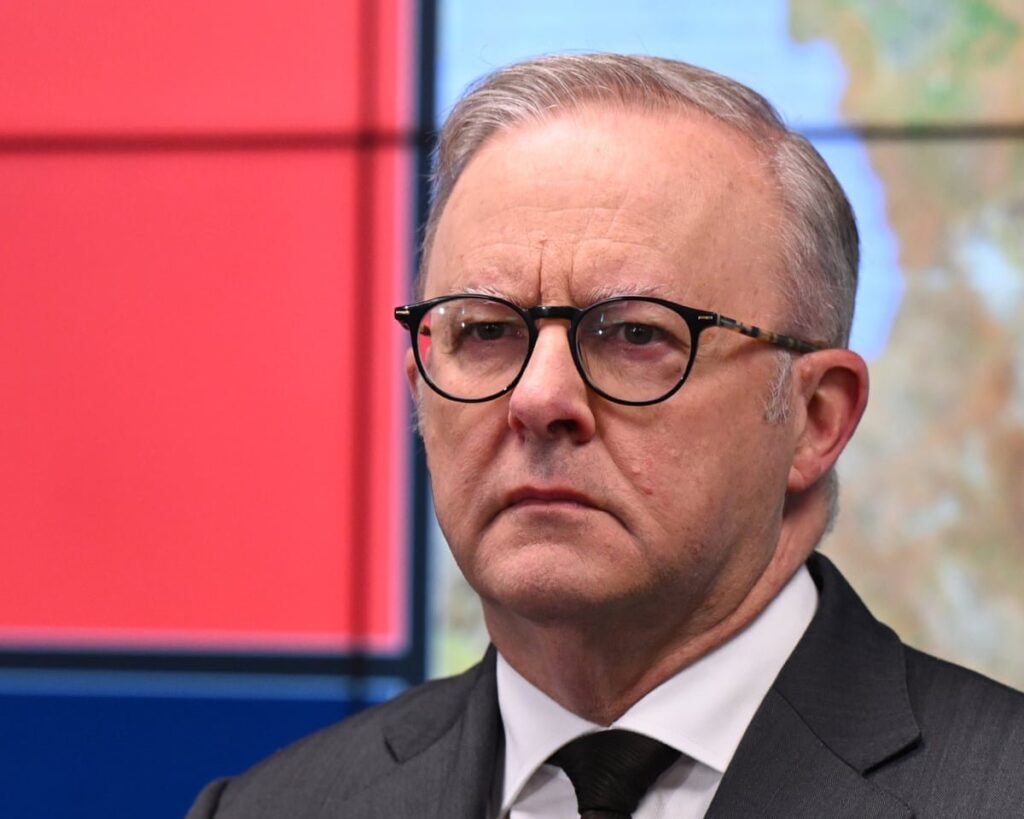Global Momentum Builds Behind Australia’s Palestine Recognition
In a significant shift in foreign policy, Australia is joining over 20 countries in calling for Israel to allow urgent aid into Gaza, as the international community rallies behind recognising Palestine as a sovereign state.
Foreign Policy Divergence with the US
Prime Minister Anthony Albanese has announced plans to acknowledge Palestinian statehood at the United Nations in September, a move that diverges from the United States’ long-standing opposition to formal recognition.
The US has declined to directly criticise Australia, despite President Donald Trump suggesting a similar move from Canada could affect trade talks.
In response to Australia’s push for recognition, US Secretary of State Marco Rubio dismissed the effort as “largely meaningless” and “symbolic,” stating that the future of the Middle East would be decided on the ground, not through UN resolutions or press releases.

International Community Unites
Australia’s decision follows similar proposals from countries such as the UK, France, and Canada.
Foreign Minister Penny Wong and her UK counterpart David Lammy are backing Palestinian recognition.
The joint statement from over 20 countries called for humanitarian space to be protected and aid to never be politicised, citing the “unimaginable” humanitarian suffering in Gaza.
Prime Minister Albanese labelled Israel’s actions to block aid to the region as “not defensible” and “an affront to common decency and community humanity.”
He emphasised that Australia wants peace in the Middle East and seeks to end the cycle of violence.
Opposition and Criticism
Opposition Leader Sussan Ley criticised the prime minister’s priorities, stating that recognising Palestine would not make the world a safer place.
The coalition has pledged to reverse the recognition decision should it win the next election.
Israel’s embassy in Australia also responded, urging the government to focus on the situation faced by hostages held by terrorist organisation Hamas.

